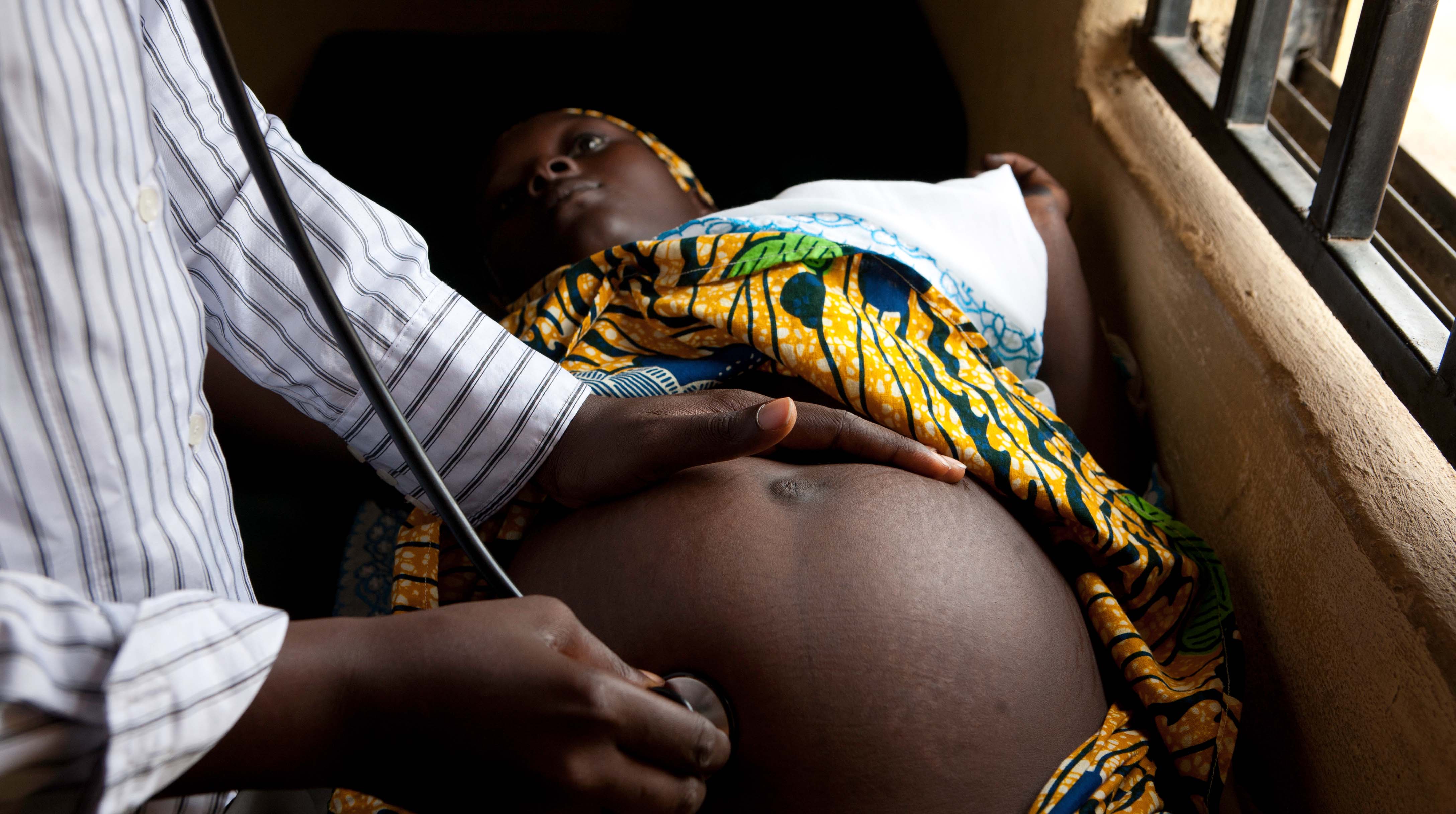This report, prepared by the Emergency Nutrition Network (ENN), presents the findings from a review of published and grey literature produced between 1990 and 2018, as well as consultation with stakeholders (n=46) conducted through individual interviews between December 2017 and March 2018, on the current state of evidence and thinking on wasting prevention. The review answers key questions relating to what is known about wasting prevention in terms of the emerging evidence, evidence gaps, evidence expected to be available in coming years and stakeholder views of programmatic approaches and evidence gaps.
Historically, research has primarily focused on stunting prevention, whilst research on wasting prevention has been somewhat neglected, and wasting as a research outcome has rarely been included beyond the realm of emergency contexts. However, this review found that the volume of studies related to wasting prevention through nutrition-specific and nutrition-sensitive intervention areas has meaningfully increased in recent years. On the other hand, this evidence base is mixed and largely inconclusive. The intervention areas with the largest body of work include the use of supplementary food products, cash-based interventions, behaviour change focused on infant and young child feeding (IYCF) and combinations thereof. Studies on non-product interventions (whether nutrition-specific or nutrition-sensitive) remain very limited. Also noteworthy is the lack of research on wasting prevention through interventions targeted towards women and girls pre-conception and during pregnancy. The review included 57 grey literature documents and 235 articles from a literature search, of which 192 were observational or experimental studies, 23 were protocols/ongoing studies and 20 were systematic reviews.
The consulted stakeholders felt confident in stating that acute periods of food insecurity and/or episodes of disease outbreak contribute to wasting and that well-designed early interventions will have a preventive effect in such contexts. Despite an inconsistent evidence base, stakeholders advocated for a holistic approach, based on the United Nations Children’s Fund (UNICEF) Conceptual Framework and context-specific causal analysis, including a range of interventions to tackle the immediate and underlying drivers of undernutrition. Respondents felt that this should be complemented by an improved understanding of the epidemiology and aetiology of wasting to better identify and target highest-risk children. The emerging evidence stakeholders frequently mentioned included observations on: the early onset of wasting and differences in wasting patterns in African versus Asian contexts; a predisposition of previously wasted children to further episodes of wasting and to stunting; the risk of wasting in children with infections such as diarrhoea, measles, malaria and HIV; a high mortality risk in concurrently stunted and wasted children; a burden of wasting and associated heightened mortality risk amongst infants under six months of age; and links between child wasting and maternal mental health.
Stakeholder opinion also suggested that much less is known about the prevention of wasting in non-humanitarian contexts or in areas with persistently high levels of wasting. They highlighted key gaps in the understanding of the aetiology of wasting, including kwashiorkor/nutritional oedema; the relationship/overlap between stunting and wasting; differences relating to age and geography; the role of pre-conception interventions; the relationship between maternal nutrition and health status and child nutrition status; the extent to which wasting in infants under six months of age reflects non-nutritional factors (e.g. low birth weight [LBW]); and mechanisms behind relapse after successful treatment of wasting. Other gaps included the role of infection and the gut microbiota and the longer-term health and developmental impacts of childhood wasting. Furthermore, many stakeholders mentioned an absence of one organisation with an overall leadership role for wasting prevention and expressed concern about siloed efforts to address wasting.
This review identified numerous ongoing studies in wasting prevention, some which are seeking funding. Further evidence is anticipated in the coming years relating to aetiology/epidemiology of wasting and the effectiveness of various nutrition-specific and nutrition-sensitive interventions. Stakeholders stressed the importance of longer-term funding to facilitate research encompassing the full 1000 days and more longitudinal studies, including consideration of where existing data can be used (e.g. retrospective cohort studies). The review highlights the need to improve the evidence base on drivers and effective approaches through well-designed programme monitoring and evaluation activities. Several stakeholders supported the idea of a research prioritisation exercise.


